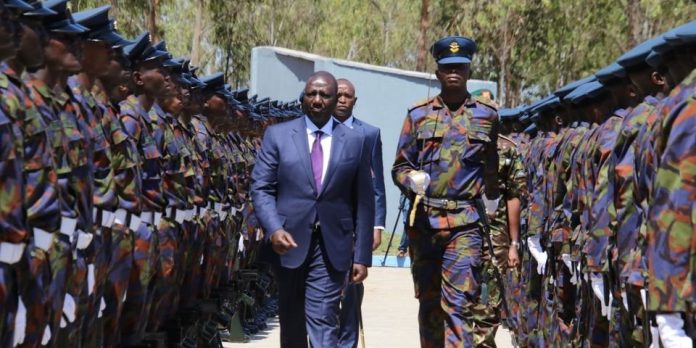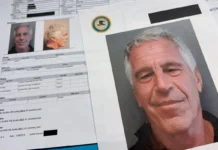The recent attacks by suspected al-Shabaab fighters are President William Ruto’s first test as Commander-in-Chief of the Armed Forces, as well as a litmus test for the administration’s ability to withstand the pressures of dealing with the terrorist group.
Since its formation in 2006 after the fall of the Islamic Courts Union, Al-Shabaab has outlived two Kenyan and Somali presidents, and it has a reputation for escalating attacks whenever there is a change in power in Kenya.
President Uhuru Kenyatta got a taste of this aggression when the group launched small-scale attacks in the months following his election in April 2013, culminating in the Westgate bloodbath in September of that year, which killed nearly 70 people.
Despite the Kenyatta administration’s extensive counter-terrorism strategy in later years, he left power without eliminating the Shabaab threat.
The group has told President Ruto, as it did his predecessor that it will not stop attacking until Kenyan troops leave Somalia.
Kenya Defence Forces (KDF) soldiers have been stationed in Somalia since President Mwai Kibaki took office in 2011. They are part of the African Union Transition Mission in Somalia, whose mandate expires in 2024.
“Know that we will continue to defend our land and people from the aggressive Kenyan invasion,” Al- Shabaab issued a statement shortly after Dr. Ruto was declared the winner of the August 9 election.
The manifesto of the President’s Kenya Kwanza coalition made no mention of terrorism or al-Shabaab.
Despite increasing attacks across the region at a rate of about 50 per month, al-Shabaab reduced raids in Kenya in the run-up to the General Election.
However, recent attacks in Kenya’s north demonstrate that the threat remains.
In just two weeks, the group has claimed four attacks in Mandera and one in Giriley near the Somali border.
Seven people were killed in the attacks. Three others have gone missing.
On Tuesday, more than 40 suspected al-Shabaab fighters descended on Libehiya and Alungu in Mandera East, opening fire and vandalizing communication masts.



















